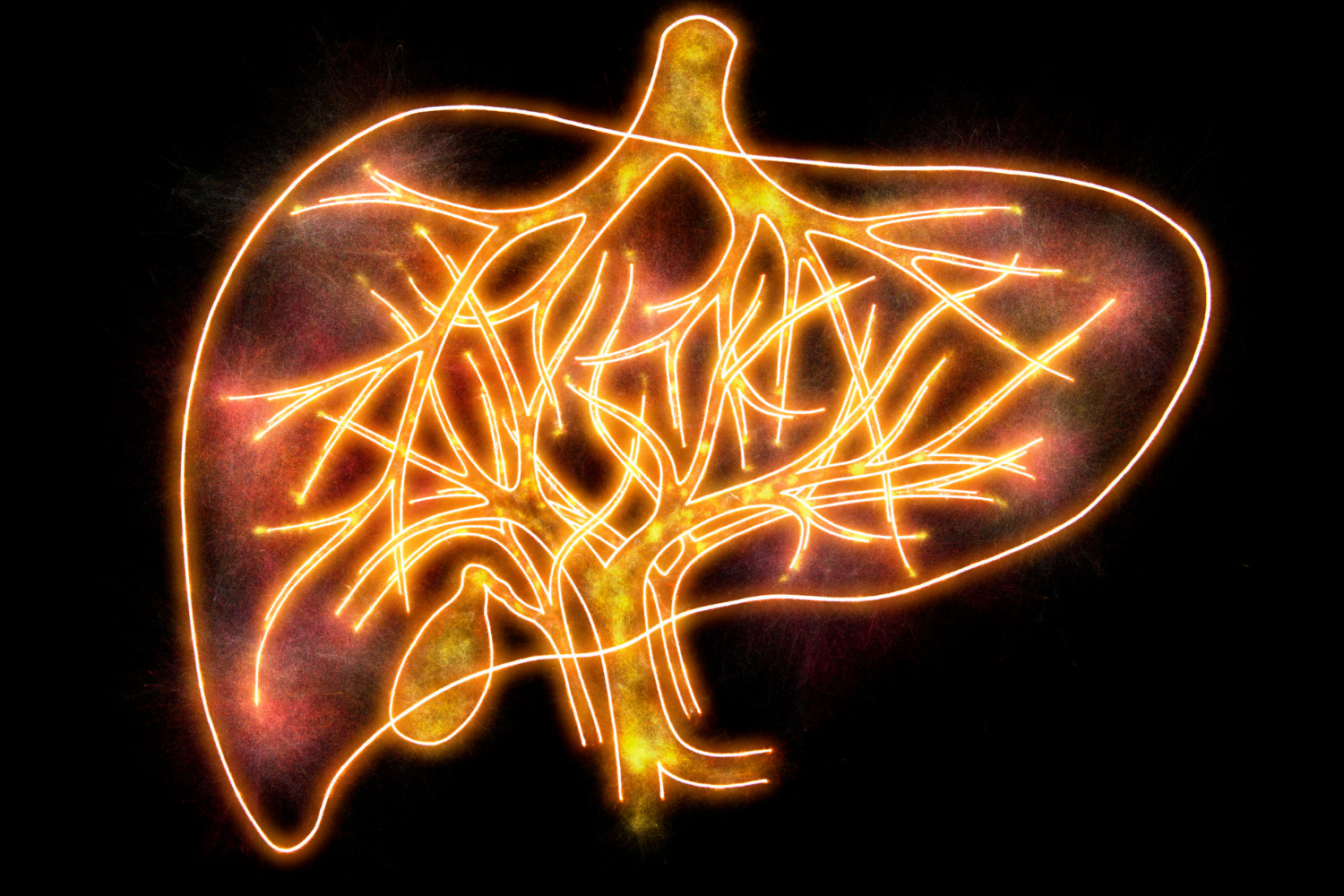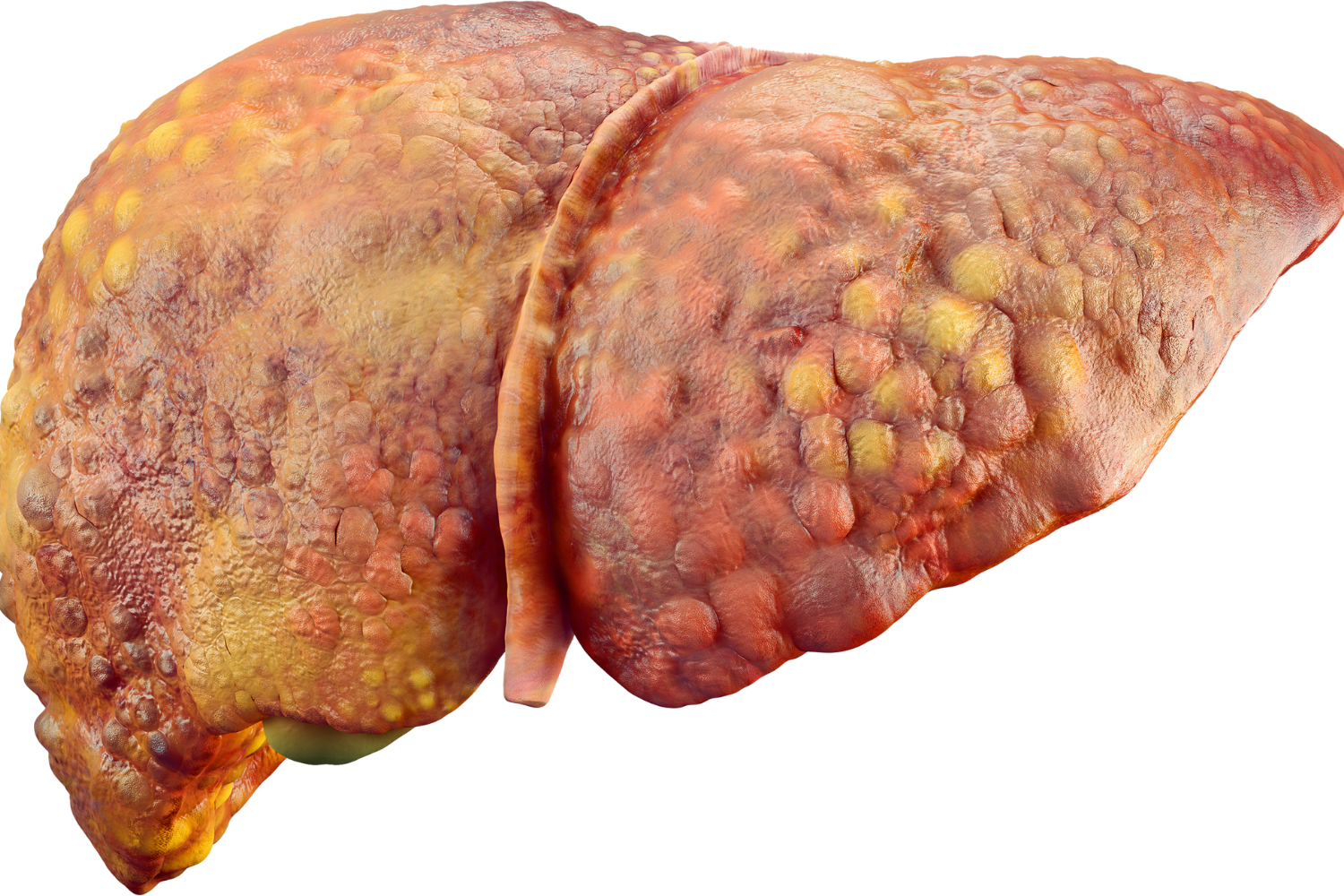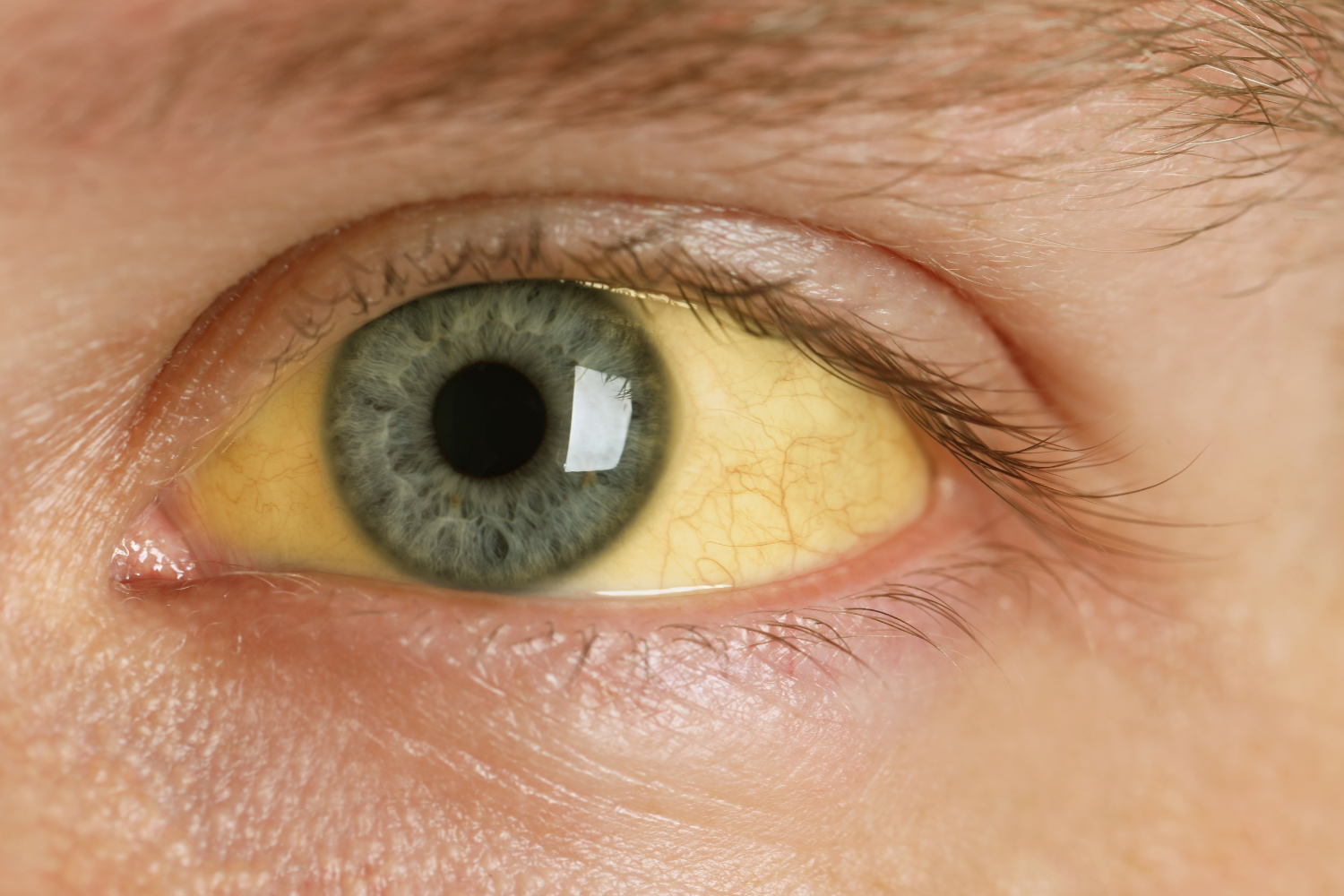Your liver plays a significant role in processing alcohol. Every time you drink, it works hard to filter the alcohol out of your blood. But when you drink too much or too often, it can put a real strain on your liver.
Over time, excessive alcohol intake can affect how efficiently your liver functions. Learning how alcohol impacts your body can help you make informed choices that support long-term wellness.
The risk goes up with habits like heavy drinking, binge drinking, or drinking regularly without giving your liver a break. The good news? Learning how your body handles alcohol and spotting early signs of trouble can help you make smarter choices and protect your health in the long run.

What Does Your Liver Actually Do?
Your liver is kind of like your body’s built-in filter and power plant. It helps clean your blood, breaks down things like alcohol, helps with digestion by making bile, and stores energy for when you need it. It also helps manage your blood sugar and turns the food you eat into nutrients your body can use.
But when you drink alcohol, your liver has to work extra hard to process it. That’s called alcohol metabolism. And if you drink too much or too often, it can put stress on your liver cells. The liver can only handle a limited amount of alcohol at a time, so drinking a lot in a short period can start to harm it.
How Alcohol Affects Liver Health Over Time
Even if you feel fine after a few drinks, your liver might be telling a different story. The effects of alcohol build up slowly and can quietly cause damage over time, especially if drinking becomes a regular habit.
What Happens When You Drink Occasionally
For many healthy people, moderate drinking doesn’t cause serious liver damage. But it still slows down your liver’s usual tasks, like filtering blood, storing nutrients, and helping with digestion, while alcohol is in your system.
And if you drink on an empty stomach, the alcohol hits your system faster, which can put even more stress on your liver in the short term.
What Happens With Frequent or Heavy Drinking
Drinking heavily or often over time starts to wear down your liver cells. They can swell, get weak, and eventually die. As this happens, the liver starts building up scar tissue, which gets in the way of its normal function.
This is how liver problems start: from fatty liver to more serious conditions like alcoholic hepatitis, cirrhosis (severe scarring), or even liver failure. These conditions can be life-threatening and may need medical treatment or even a liver transplant.
Can the Liver Bounce Back?
The good news is that your liver is remarkably resilient up to a point. The liver is a resilient organ that plays a central role in detoxification and nutrient conversion. Supporting liver function through healthy habits may help it perform optimally.
But the longer heavy drinking continues, the harder it is for the liver to heal. As more scar tissue forms, it blocks blood flow, which can lead to other problems like high blood pressure in the liver and serious complications.
That’s why alcohol-related liver disease can become dangerous quickly. Giving your liver time to rest and recover is one of the best things you can do for your long-term health.
Potential Issues from Excessive Alcohol Consumption
Alcohol can lead to several types of liver problems. Some start small but can grow into serious health issues if the drinking doesn’t stop.
Drinking alcohol frequently or in large amounts can challenge your liver’s ability to filter toxins and convert nutrients. Over time, this may interfere with metabolic processes your liver is responsible for, such as helping manage energy, supporting digestion, and maintaining normal blood sugar balance.

Signs Your Liver Might Be Under Stress
Your liver usually works quietly behind the scenes, but when it starts to struggle, your body might give you some clues.
Although the liver works silently, people who drink regularly may notice subtle signs that their body needs support. Feeling overly fatigued, having less tolerance for alcohol, or changes in digestion can signal that your liver is working harder than usual. It’s important to talk with your doctor if you notice any changes.

Is Any Amount of Alcohol Truly Safe for Your Liver?
There’s no one-size-fits-all answer when it comes to alcohol and liver health. How your body handles alcohol depends on a lot of personal factors—like your age, weight, gender, family history, and even the medications you take. That’s why what feels like “a little” to one person could have a bigger impact on someone else.
So, How Much Is Too Much?
You don’t have to drink every day for it to affect your liver. Even occasional binge drinking, such as having several drinks in a short time, can put a strain on it. Over time, drinking too much or too often makes it harder for your liver to do its job and increases your risk of developing issues like fatty liver or liver inflammation.
Does It Matter If You Drink Beer, Wine, or Liquor?
Not really. Whether it’s a glass of wine, a bottle of beer, or a shot of liquor, your liver processes it the same way. The total amount of alcohol is what matters most, and not the type. While some people believe wine is gentler, regular alcohol use in any form still puts stress on your liver over time.
What About Moderate Drinking?
Research shows that moderate drinking, up to one drink per day for women and two for men, might not cause harm in healthy adults. But if you have other risk factors, like liver disease in your family or certain health conditions, even small amounts could still lead to problems.
Some studies also suggest that cutting back, or stopping alcohol entirely, can help prevent liver damage and lower enzyme levels if they’re already out of range.
Can You Drink and Still Support Your Liver?
You don’t necessarily have to give up alcohol forever, but if you want to keep your liver in good shape, making smart choices can go a long way.
Eat Foods That Help Your Liver
Your liver loves leafy greens, lean proteins, and foods that help it clean out toxins and keep blood sugar steady. Drinking plenty of water and eating regularly helps it process alcohol more efficiently. On the flip side, diets high in sugar and processed fats can make things worse, especially when combined with alcohol.
Some people also turn to supplements for added support. Drinkwel’s Revil for Serious Liver Support & Liver Detox offers targeted nutrients to help the liver manage stress from alcohol and everyday toxins.
Make Smarter Drinking Choices
Here are a few ways to reduce the stress on your liver:
-
Pace yourself and space out drinks
-
Avoid drinking on an empty stomach
-
Choose lower-alcohol options when you can
-
Alternate drinks with water
-
Skip alcohol if you're on medications that affect the liver
If you notice signs like fatigue, stomach discomfort, or changes in appetite, it might be time to take a break and talk to a doctor.
When Should You Take a Break (or Stop Drinking)?
If you've had abnormal liver test results or symptoms like fatigue or stomach pain, taking a break from alcohol can give your liver time to recover. And for people with serious liver conditions, cutting out alcohol completely is often necessary to prevent further damage.
In more advanced cases, continued drinking can lead to serious complications and even require a liver transplant. So if alcohol is already affecting your health, stopping sooner rather than later can make a big difference.
When to Talk to a Doctor About Your Liver
If you’re drinking regularly or have a history of liver problems in your family, it’s smart to check in with a healthcare provider—even if you feel fine. Many liver issues start quietly and don’t show clear symptoms until they’re more serious.
Risk Factors That Deserve Extra Attention:
-
Frequent or heavy drinking
-
Past struggles with alcohol use
-
A family history of liver disease
-
Being overweight or having fatty liver
-
Diabetes or high blood pressure
-
Taking medications that affect the liver
-
Unexplained fatigue, stomach pain, or yellowing skin/eyes
-
Abnormal results on a liver blood test
How Doctors Check Liver Health
Doctors usually start with a simple blood test to check how well your liver is working. If something looks off, they might suggest an ultrasound or MRI to look at the liver’s size, shape, and condition. In rare cases, they may need to do a liver biopsy to get a clearer picture.
These tools help figure out what’s going on early, so you can take action before bigger issues develop.
What You Can Do Now to Protect Your Liver
If alcohol is a regular part of your life, it’s worth understanding how it affects your liver both now and down the road. The best thing you can do is stay aware, listen to your body, and talk to your doctor if you notice anything unusual.
Small lifestyle changes, like choosing nutrient-dense foods and staying mindful of alcohol intake, can go a long way in supporting healthy liver function. Supplements may also help support your liver's natural detox process. For example, Drinkwel’s Revil for Serious Liver Support & Liver Detox is designed to provide targeted nutritional support for your liver.
Your liver works hard for you. Taking care of it is one of the smartest moves you can make for your long-term health.
Frequently Asked Questions
Is any alcohol better tolerated by the liver?
No specific alcohol is better; the total amount consumed is what affects liver health the most.
How much alcohol can damage your liver?
Drinking alcohol frequently or in large amounts may reduce your liver’s ability to carry out its normal functions efficiently.
What factors may help the liver recover after alcohol intake?
Supporting liver function may involve hydration, nutrient-rich foods, and reducing alcohol consumption.
How does alcohol affect liver performance over time?
Long-term alcohol use can lead to inflammation, scar tissue, and loss of healthy liver function.
Is wine better than liquor for liver health?
The liver processes all forms of alcohol similarly. The total amount consumed has a greater impact on liver stress than the type of beverage.
References
-
Cederbaum A. I. (2012). Alcohol metabolism. Clinics in liver disease, 16(4), 667–685. https://doi.org/10.1016/j.cld.2012.08.002
-
Lieber C. S. (2004). Alcoholic fatty liver: its pathogenesis and mechanism of progression to inflammation and fibrosis. Alcohol (Fayetteville, N.Y.), 34(1), 9–19. https://doi.org/10.1016/j.alcohol.2004.07.008
-
Schuppan, D., & Afdhal, N. H. (2008). Liver cirrhosis. Lancet (London, England), 371(9615), 838–851. https://doi.org/10.1016/S0140-6736(08)60383-9



